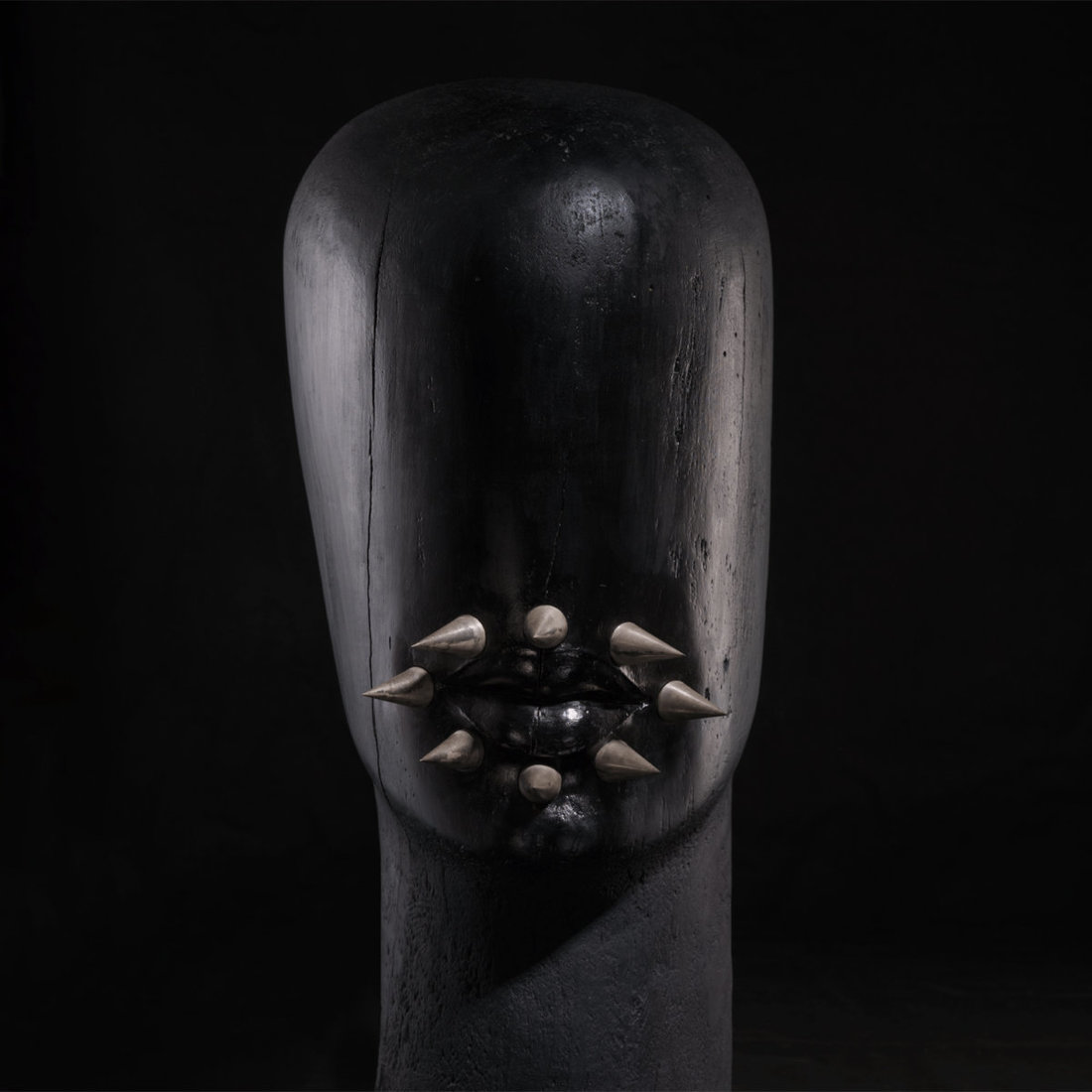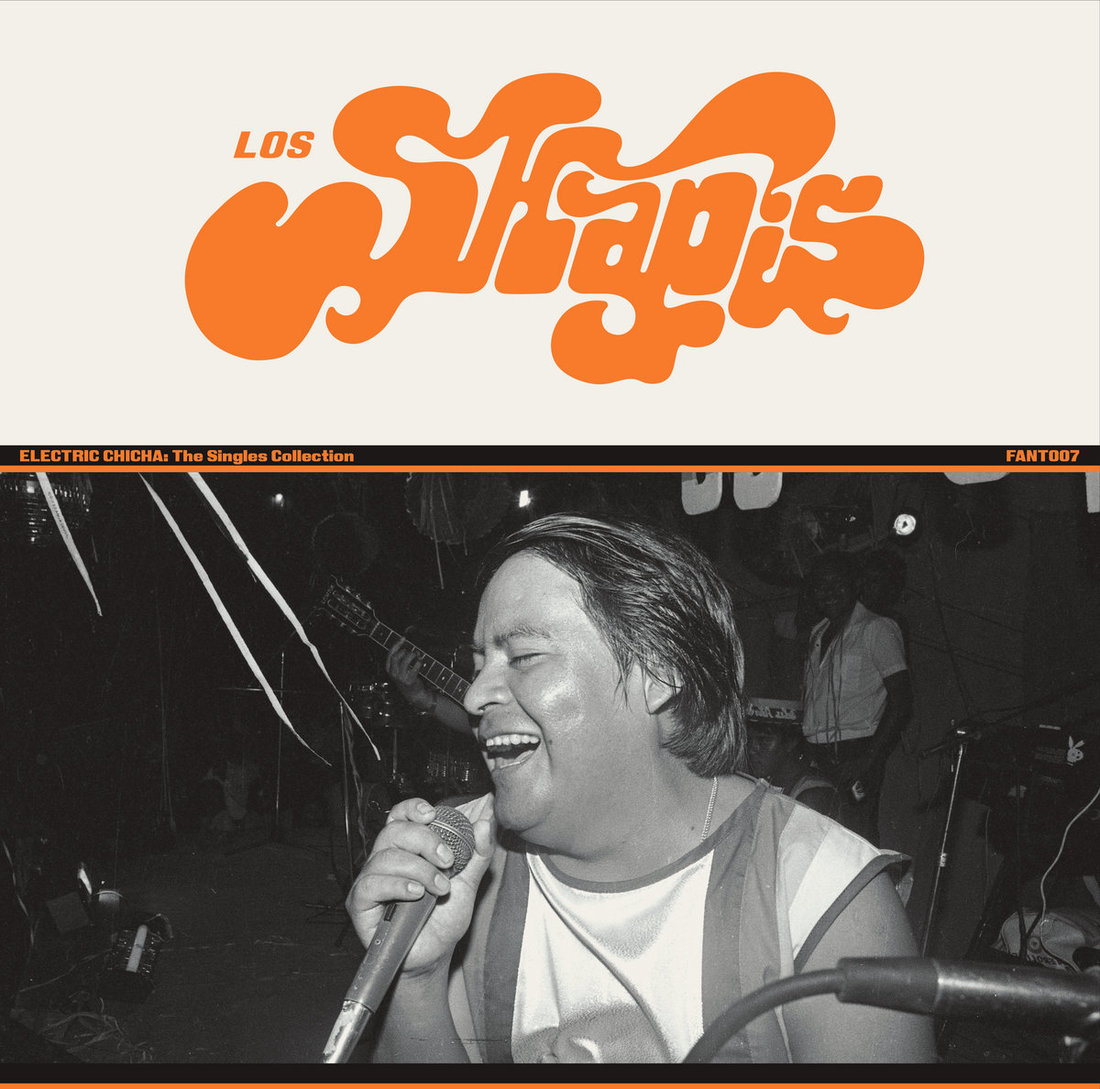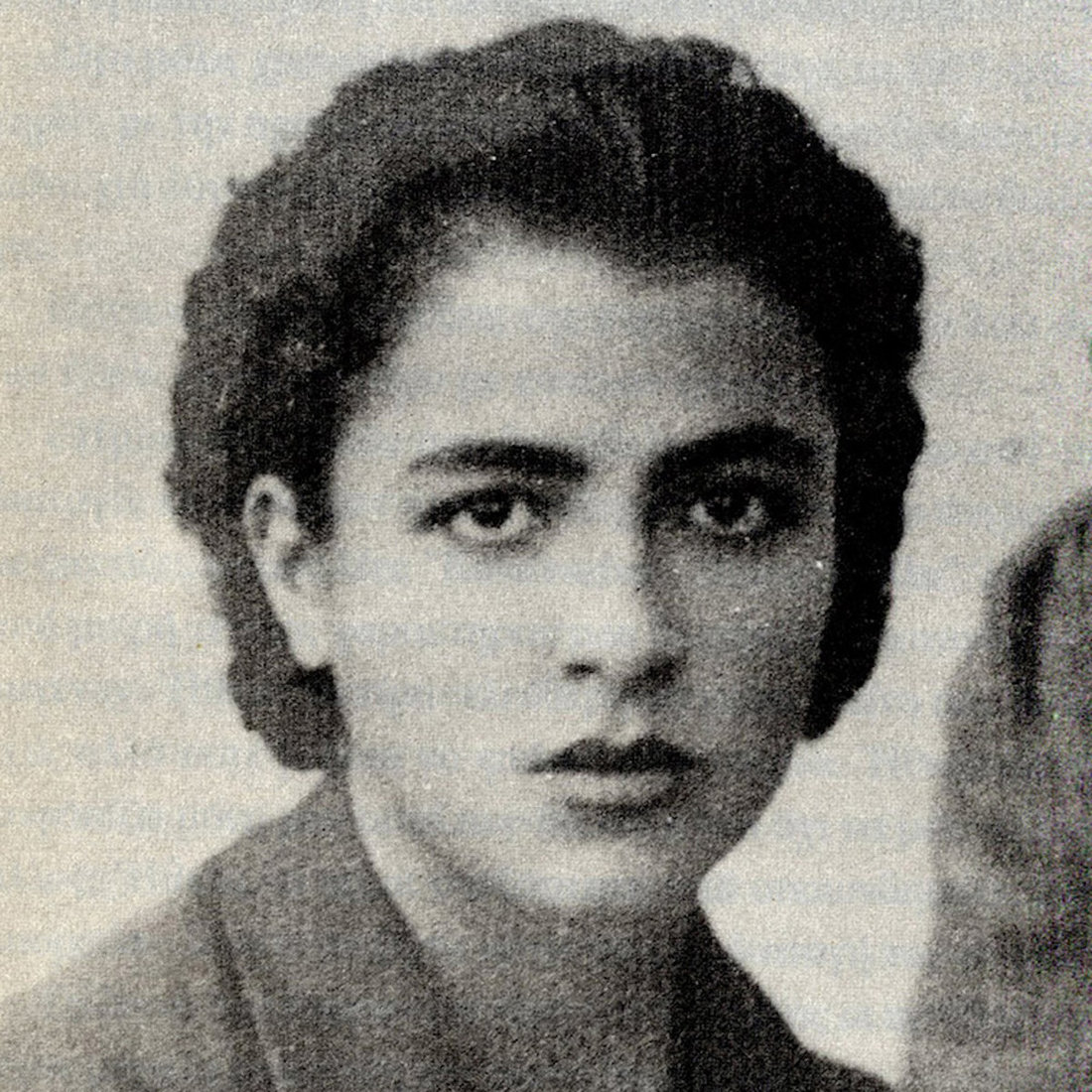Nizar Rohana Trio - The MCO Session (Worlds Within Worlds)
Led by renown Palestinian oud player and composer Nizar Rohana, The MCO Session is a vibrant reawakening of his acclaimed trio and a bold continuation of his life’s work in maqam-based and modal music.
Pat Thomas - Sufi Women (scatterArchive)
"This collection of pieces is dedicated to the remarkable contribution of Sufi Women to the spiritual science of Tassawuff, known as Sufism in the West. Throughout the Islamic world Women are known for the profound spirituality they contain. There has never been a time when seekers of truth have not gone to these remarkable individuals for their advice and prayers." Pat Thomas [10 June 2025]
Paul Pèrrim - Itara (Keroxen / Discrepant)
Itara is the debut solo album by Paul Pèrrim—guitarist, composer, and anthropologist—featuring a set of guitar-driven compositions that blend hallucinatory acid folk, abstract blues, mutant Eastern jazz, surreal ambient, and free improvisation into a vivid and distinctive sonic tapestry.
Pharaoh Overlord - Louhi (Rocket Recordings)
In the world of Pharaoh Overlord, little is ever as it seems. This band is less comprised of tricksters or mischief makers than fearless obsessives whose musical instincts take twisted and wild pathways. Now, fresh from forays into Italo-disco and synth-pop, they have thrown another still more mighty statement of intent into the universe.
Physique - Bright Lights, L'il City (Miúin)
Bright Lights, L'il City was recorded from November '22 until August '25 in Chicago, Kilkenny, Cork and Glasgow. It was played, recorded and mixed by Sam Scranton and Neil Quigley.
Sotiria Bellou - Sell the Dawn: From Her Earliest Recordings, 1948-49 (Canary Records)
Sotiria Bellou (August 22, 1921 - August 27, 1997) was a Greek singer and performer of the rebetiko style of music. She was one of the most famous rebetisa of all, mentioned in many music guides and a collaborator of many rebetiko artists. Bellou was also a political activist who joined the Greek Resistance against the Axis occupation of Greece during World War II. She was caught by the Nazis, tortured and then put into prison. In 1944 she participated in the Dekemvriana as a member of the Greek People's Liberation Army (ELAS). During the civil war she supported the leftists and she was caught at least once and kept in detention.
V.A. - The World Is But a Place of Survival: Begena Songs from Ethiopia (Death Is Not The End)
The begena is a large ten-stringed lyre which is part of the traditional Amharic heritage of Ethiopia. The Amharas, who have long formed the politically and culturally dominant people of Ethiopia, mainly inhabit the central and northern part of the country. In the majority, they follow the monophysite Orthodox Tewahido Church established in the early fourth century AD.
V.A. - What Heaven Has Against Me: Central & Southern Turkish Folk Music, ca. 1928 - 55 (Canary Records)
Armenian singers from the central, southern, and eastern regions of Turkey — Urfa, Diyarbekir, Malatya, Gaziantep, Harput, etc. — recorded prolifically in the U.S. from the mid-1910s through the ‘20s. Meanwhile, Darü-1 Elhan (Istanbul Conservatory) was founded in 1916. During the 1920s, academics there began conducting field trips to collect folk music. A Folklore Association was also established in Ankara in 1927. Ankara University founded its Folklore department in 1948. Meanwhile, few Turkish performers from the same regions made commercial disc until the late ‘20s and early ‘30s. Some of them became celebrities appearing in films and recording prolifically, but some have remained obscure.
Yashlik - Yashlik (Maqom Soul Records)
Maqom Soul, a newly founded Uzbek label dedicated to reviving rare and overlooked music from Central Asia, presents its debut release: a vinyl reissue of the seminal album by the Uyghur vocal-instrumental ensemble Yashlik, originally recorded and released in 1978. Founded in 1974 as part of the Uyghur Music and Drama Theater in Almaty, Yashlik (which translates from Uyghur as Youth) quickly emerged as a groundbreaking force in the regional music scene. Though born out of a theatrical setting, the group transcended those boundaries with a unique blend of Uyghur folk melodies, jazz influences, Soviet estrada, and traces of psychedelic rock. The ensemble’s founder and artistic director was Murat Akhmadiev, a prominent figure in both the musical and cultural-political life of Kazakhstan.





